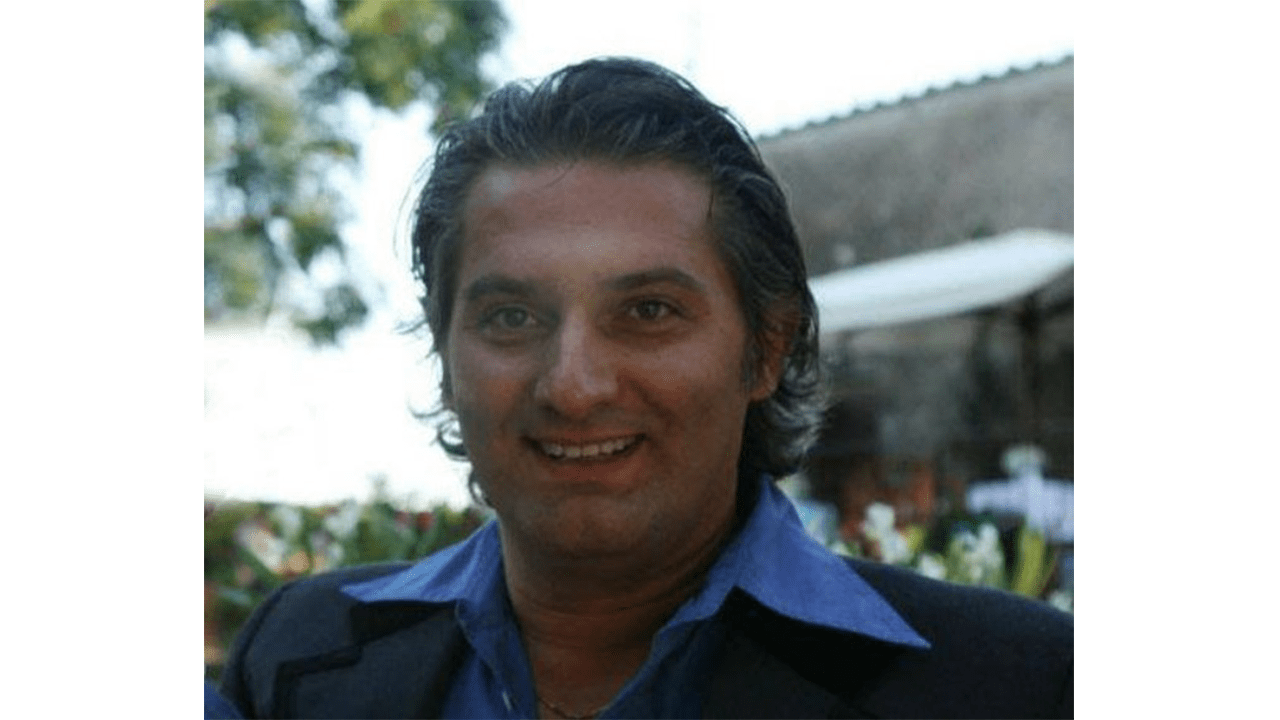Alessandro Canossa is a 49-year-old Italian professor specialising in computer game design who first visited Copenhagen at the age of 16. He ended up getting a PhD at the Royal Danish Academy and became an associate professor at its institute of visual design. We caught up with him for My ♥ CPH to get his views on living in Denmark.
I first came to Denmark … in 1999, but actually the plan wasn’t to leave Italy. The idea was to stay abroad for one year, because I was trying to dodge military service. First, I went to London to work, then Barcelona and finally Denmark. At that time, I got an interesting job so I chose to stay instead of returning to Italy.
If you asked me if it was love at first sight … I would say no. It wasn’t my dream or my ambition to live in Copenhagen. I did it because there was a job opportunity that I couldn’t decline at the age of 16. I also stayed because my girlfriend at that time was living there. The city was very different from what it is now, but I fell in love with some places.
My favourite thing about living in Copenhagen is … the respect and the worship of leisure time. It’s like the idea that you don’t live to work but you work to live. In the US – where I lived for four years between 2012 and 2016 – work is a core of your identity. Luckily, if you want to find your identity working here, you can do that.
Here in Copenhagen I never get used to … the cultural relevance of the potato. There’s excitement when the new potatoes come out. It’s a little silly in my opinion. It’s difficult to relate to that idea of putting sliced boiled potatoes on top of bread. It’s so weird, but it’s nice.
Jeg kan tale … godt dansk og forstå det hele. It means that I understand and speak Danish perfectly. I mean, I have a strong accent and, sometimes, pronouncing Danish words hurts my throat a little bit. But, you know, I think I’ve been here long enough to sustain a conversation in Danish without having any problems.
READ ALSO: My ♥ CPH: Industrial designer Antonio Sena
On an integration scale of 1 to 10 I would say I’m … an 8. Around 10 means that you’re absolutely like a Dane, and I don’t think I am or want to be a Dane. The Danish culture, society and people are fantastic. They have, you know, a lot of respect, but at the same time I can see the limitations. And I make the conscious choice of not completely integrating myself in it.
Most of my friends are … half Danish and half international actually.
I think the best way of making Danish friends is … to have gone to kindergarten with them. Because they have a tendency of having slots for friends. I remember several years ago that I was at a party and talking to this guy. And we hit it off – we had a great time. So I asked him to do something together after. And he said “I would love to, but thank you. I have enough friends.” Like all the slots were already taken.
The three words that I think best describe Copenhagen are … cool, relaxed and welcoming. Cool in all meanings, because it’s pretty cold and it’s also nice. Relaxed because the tension you find in other cities like New York or Boston is definitely not the same here. No-one honks even if there’s traffic; it’s remarkably chill. And then welcoming because if you’re European, Danes are quite tolerant of you, although they are more careful with others – for example Syrians.
The Italian professor is currently working together with Ubisoft on a player research project. He’s also part of a startup that works with AI and player experience.














